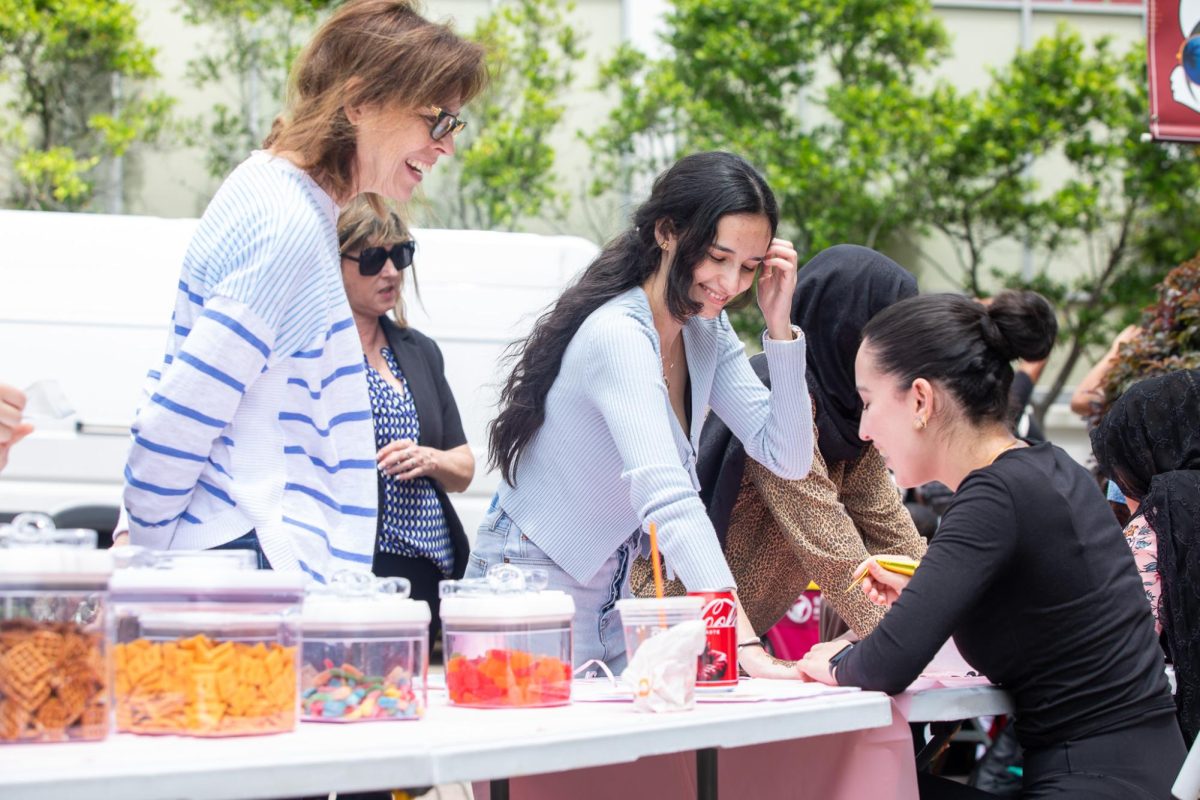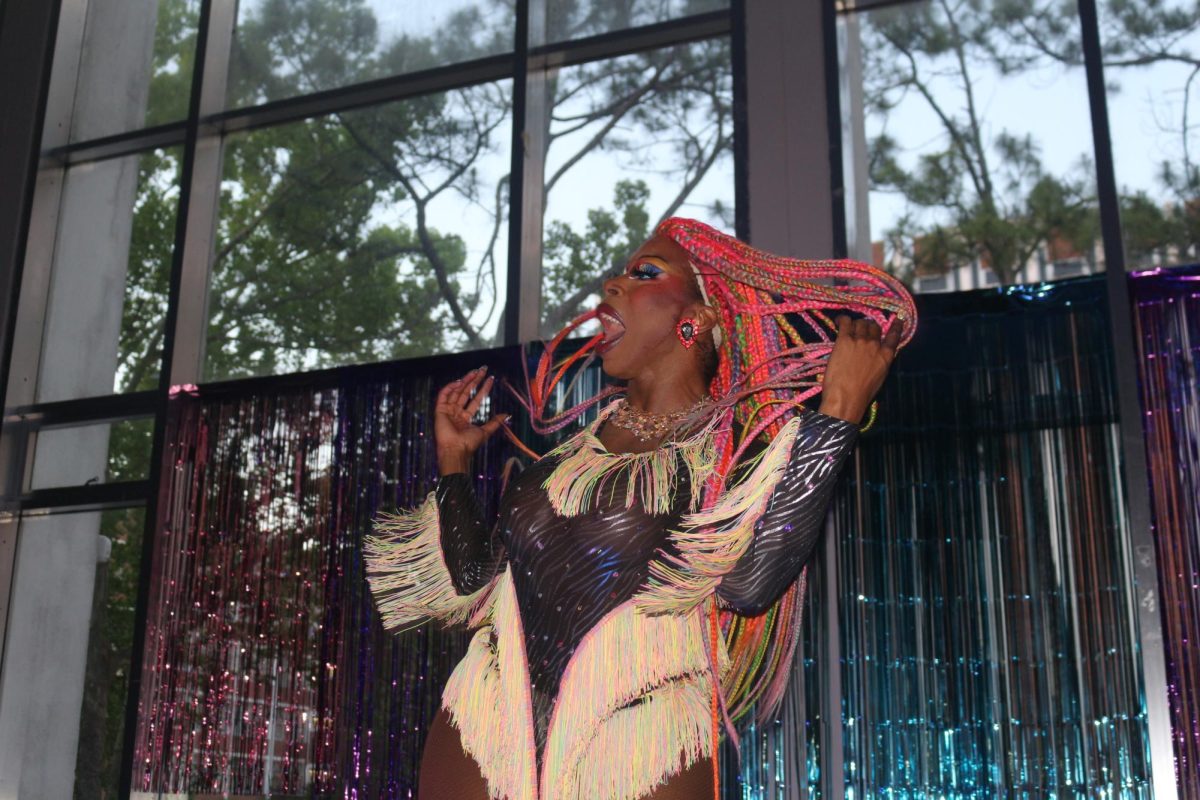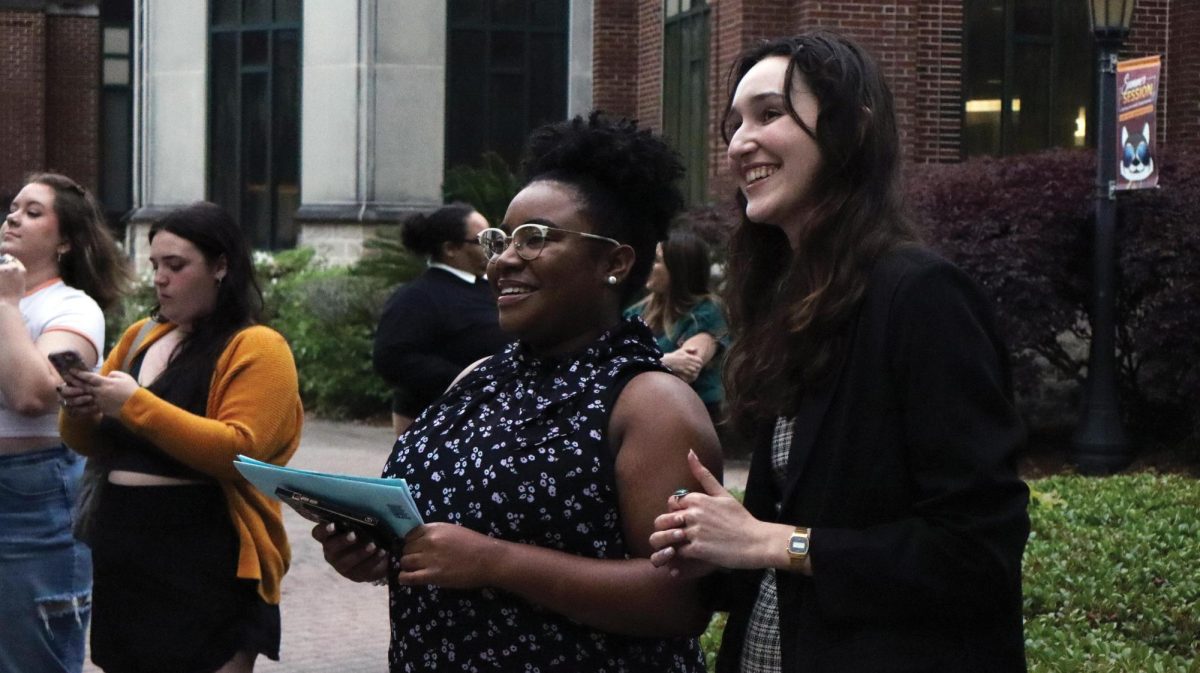As the United States approaches month eight of the COVID-19 pandemic, Loyola students are struggling to make ends meet and care for their mental health as the virus continues to loom over them.
Abigail Braud, music industry senior, said coronavirus has affected her in ways she never could have imagined.
When schools shut down in March, Braud said she struggled mentally through the stay at home orders. Braud said she never felt so unfocused before. She said she would try to concentrate and suddenly get emotional.
According to Psychology Today, the uncertainty and disruptions of students’ lives led to a spectrum of psychological consequences, such as anxiety, depression, substance abuse and difficulty sleeping. Students, who experience significant losses and grief, are also at greater risk of prolonged grief disorder.
“I was stressed out from the fear of everyone I love dying which was the biggest thing for me,” Braud said.
Brooklyn Joyner, a journalism sophomore, said that in the beginning of quarantine, she went into a downward spiral because of everything happening on the news. She said she thought the virus would be over in just a few months.
“Watching the news and seeing the president not care about the virus is where my stress started because I knew that it was not going to be over anytime soon,” Joyner said.
Joyner said the racial injustices happening in the United States also added to her stress. She said everything just felt like it was too much for her.
Claudia Norton, assistant director of Loyola’s University Counseling Center, said she recommends the center’s anxiety management workshops for students who are feeling overwhelmed.
Norton said it is helpful to understand how to read the early indicators of stress to be able to mitigate its impacts on your health. Norton said this doesn’t take long— five minutes at most. She encouraged students to notice tension in their bodies and minds and actively “correct” their thinking. This may manifest in mantras or transforming thoughts into ones of positivity, according to Norton.
According to Psychology Today, the pandemic is having a disproportionate impact on marginalized groups in society.
Psychology Today said that racism and xenophobia have historically emerged whenever infectious disease outbreaks occur. Furthermore, minority groups encounter barriers to mental health services, which then widens health disparities, according to Psychology Today.
Another struggle includes the transition to online learning. Neither Joyner nor Braud have learned primarily online before. Braud said she has been struggling with the switch.
“Seeing a teacher and students in the classroom and having an in-person dialogue is just so much different than how we do Zoom class,” Braud said.
With the shift to online learning has also come the loss of casual social interactions common in in-classroom learning, according to Norton. It is also normal for some students to work well within the freedom of online learning, according to Norton.
Joyner says she expected herself to be unmotivated as she switched to online learning but she states that it’s not as bad as she expected it would be because she likes her classes.
“For some, the change in structure has allowed more freedom. For others, the self-directed nature of online classes requires a new level of discipline that must be practiced to be mastered,” Norton said.
Many students have also moved back into their childhood homes during this time. This can create a stressful environment as students transition from the freedom of living on campus to living back with their parents.
Norton suggests that students break the new situation into smaller pieces.
“When we can’t move forward with a ‘big picture’ goal like living apart from family, it can be helpful to break down the ‘big picture’ into smaller sections and learn concrete and helpful skills that will come in handy when the time comes to put them into practice,” Norton said.
Many college students are also returning back to work after losing their jobs due to the pandemic. Many students have had to pick up more hours to make up for the time lost to help support their families which adds stress on top of everything else.
Braud says that her mother had coronavirus at the beginning of the semester and that she struggled to balance taking care of her and school. As Braud looks to the future, she has concerns about entering the workforce when she graduates in 2021.
“I have loans from going to Loyola and sometimes I wonder if I’ll be able to get a job to pay them off once I graduate,” Braud said.
As COVID-19 uncertainty continues into next semester, Norton said it’s normal to feel isolated and sad during this time. Norton said no one is alone, and Loyola has services to help.
Norton said that the counseling center also has a self-care guide for students to use in the case of anxiety, depression, loneliness, injustice, boredom, physical illness and crisis.
Norton also encouraged students to reach out to the center for an appointment. It has same-day walk-in appointments available for students in distress every day. To book an appointment, call (504) 865-3835. The center is open Monday through Friday from 8:30 a.m. to 4:45 p.m.
National Suicide Hotline: 800-273-8255
Loyola Crisis Hotline: 504-865-3854













